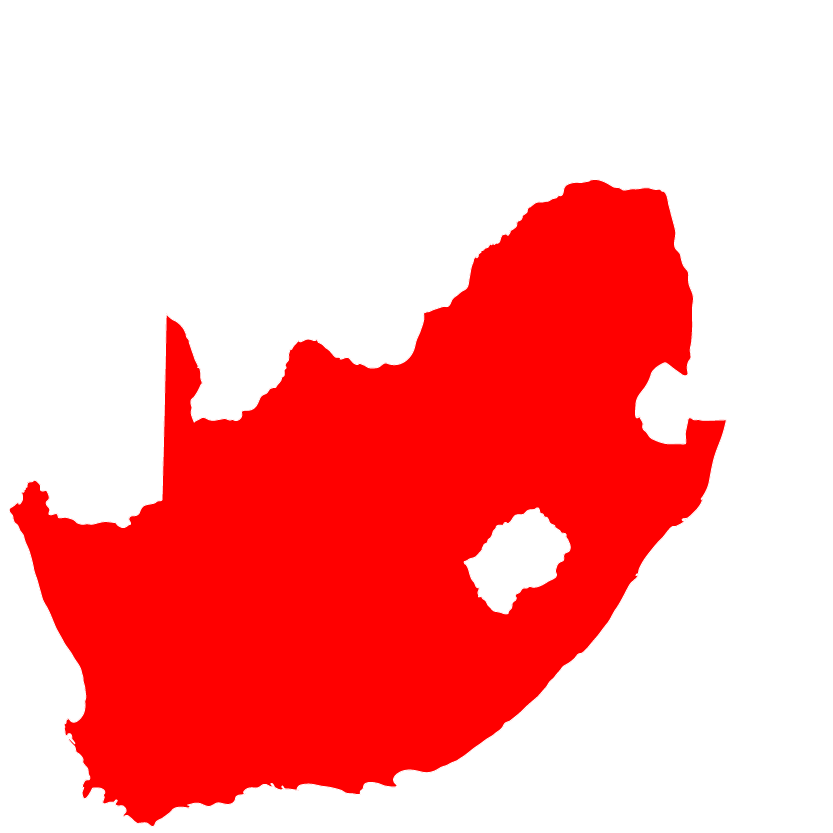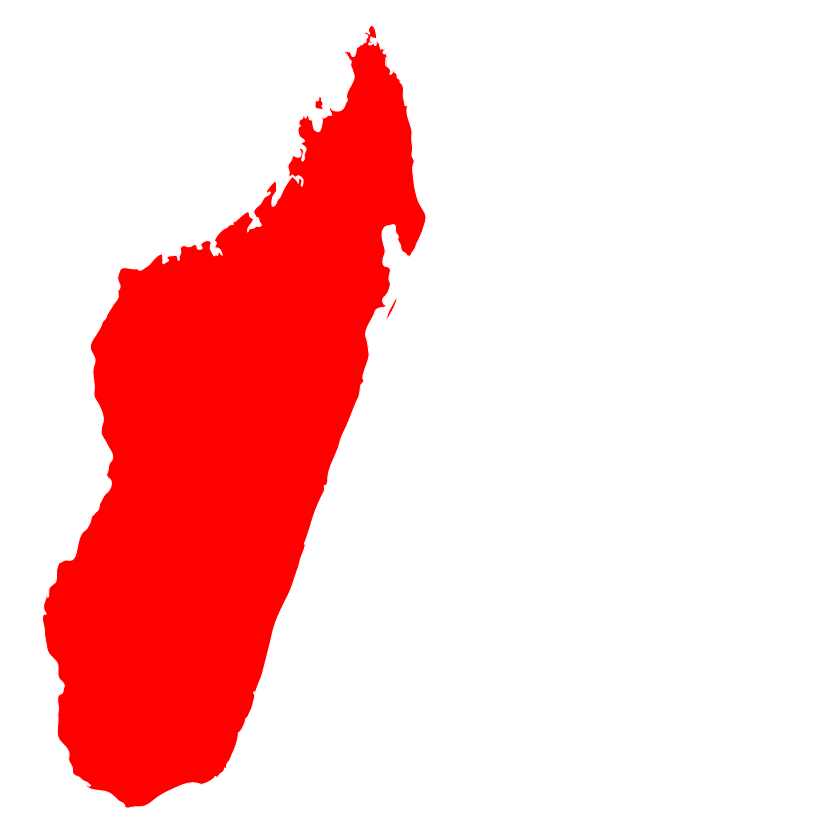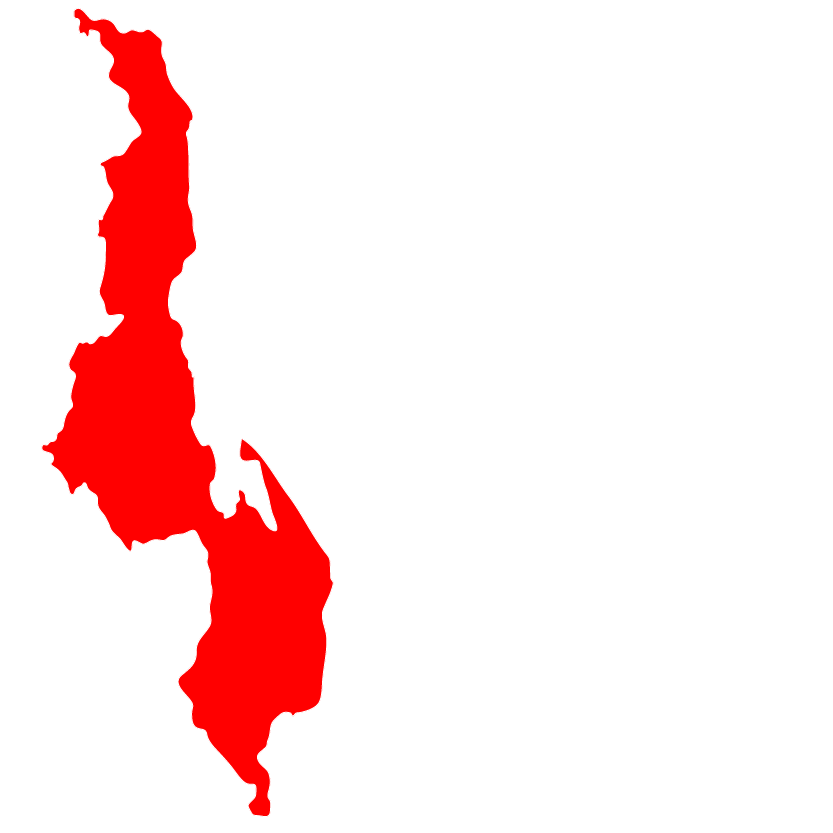Due to persistent rains from Friday, the 8th of April 2022, with the heaviest rainfall experienced on Monday and Tuesday (11th and 12th April). In the Durban area, over 300 mm of rain was recorded in the 24-hour period.
Many roads and bridges were washed away, leaving many communities cut off. Houses and buildings were washed away or damaged by mudslides. Many rivers burst their banks. Trucks and cars were washed away. At a shipping container depot, several containers were washed away.
According to the initial assessment done by the Disaster Management Centre, about 2000 RDP houses (low income) and 4000 shacks (informal) have been damaged. The number of formal houses damaged is unknown now. Several Business properties were also damaged forcing them to shut down until clean-up is completed. The water and electricity infrastructure was damaged. Parts of the electricity network have been restored and the Company responsible for the water treatment plant is busy trying to repair the damage.
This is a small to medium-scale emergency in the Province of KwaZulu Natal, which lies to the east of South Africa, along the Indian Ocean. To the north lies the border with Mozambique and Eswatini (Swaziland).
At present ELCSA cannot give a breakdown by gender, and age as people are still streaming into temporary shelters. All race groups have been affected but most that have gone to temporary shelters are black South Africans who were the worst affected.
The immediate need is housing, food, clothes, and blankets. In the medium term to long term, people would need assistance with rebuilding their homes. All the owners that lived in the RPD houses and shacks would not have insurance. It is not sure how many of the formal houses have insurance to assist with rebuilding. Businesses would claim from their insurances but the length of time that they will be paid out or start the rebuilding is not known.
ACT South Africa member, the Evangelical Lutheran Church in South Africa (ELCSA) is planning to launch a rapid response fund to respond to those who have been severely affected.




